
How much does it cost to replace a windscreen?
This used to be a simple question since most car windscreens were made from the...
Browse over 9,000 car reviews
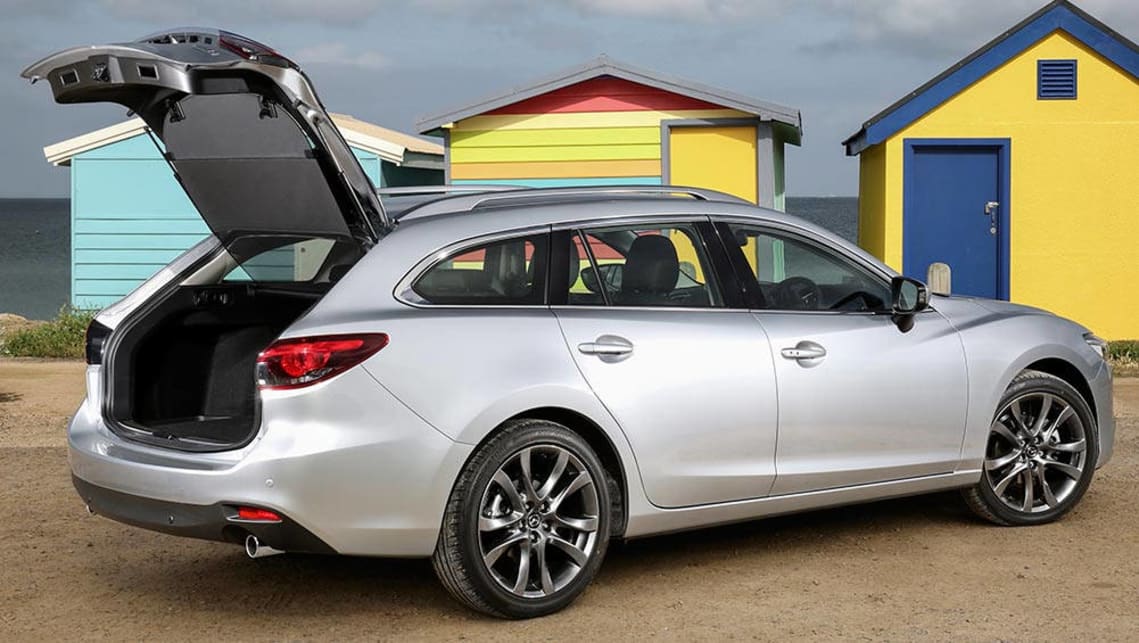
It's in our nature to root for the underdog, but arguing on behalf of station wagons can feel a bit like lobbying for more record shops to open, or a return to milk bars on every corner.
It's no secret that wagons have been usurped by the omnipresent, car-belittling SUV; their days as the reliable family hauler have been consigned to a time when social media meant lending someone a magazine and Bill Cosby was a beloved entertainer.
The Toyota Camry, Ford Falcon and Mitsubishi Magna wagons that used to ferry not just salesman and public servants around town but whole families around the country (back when planes were expensive and Sydney to Brisbane was always driven, not flown) aren't just dead, they're forgotten.
The Falcon wagon has suffered a particularly ignominious fate, spending its last days in the infamously uncaring hands of taxi drivers.
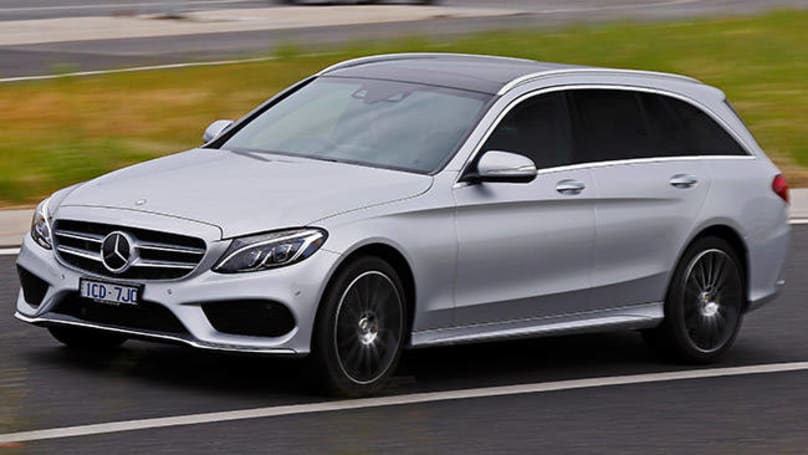
In the modern car market, SUVs aren't really seen as adventuring, go-anywhere mobiles that head off into the wild blue yonder. They're as synonymous with the term "family hauler" now as the station wagon was 25 years ago.
It's not like the humble wagon has paled in comparison to the new wave of SUVs, either. Developed for and cherished by the ever-finicky Europeans, wagons have come along in leaps and bounds that could only be matched by a springbok in low gravity. They're better than they ever were - the Mazda6 wagon is one of the finest driving cars you can get for the money, for example - but it seems that very few buyers can cope with sitting that close to the ground.
The good news is that Europe's appetite for wagons remains, and some of our importers still choose to bring their Estates, Avants and Tourings here. A new Mercedes-Benz C63 version has just been launched and Audi's awesome RS6 is also well worthy of mention.
Wagons are all about balancing practicality and performance, ergonomics and efficiency, frugality and fun. They're a lot like hatchbacks - their shrunken doppelgängers - in that regard.
If your life necessitates lugging an inordinate amount of things around, you only really have two options: embracing Buddhist principles and freeing yourself of possessions, or buying a vehicle that can carry the load.
Just like SUVs, wagons are a great way to fit both your loved ones and their gear. The rear cargo space in wagons is as big – and often bigger – than equivalent SUVs. Take the Hyundai i30 tourer, for instance; its boot is bigger than the new Tucson by more than 60 litres.
And don't think that because you can carry more in a wagon you'll have to pay a penalty in performance or economy. Well designed low-riding load-haulers can slip through the air far better than SUVs, so their fuel economy is better, and they don't usually add too much weight, either, so performance is very close to a sedan.

Driving modern estates and wagons back to back with their sedan versions it's often difficult to feel any differences between them at all, in handling terms, unless the boot is overloaded.
There's also the small matter of rear air conditioning vents. To save what could only amount to a tenner, some SUVs don't come with them. It's almost unfathomable that a family focused vehicle doesn't come as standard with an air supply for queasy, carsick offspring.
Finally, because wagons tend to be fitted with more reasonably sized wheels and tyres, replacing them won't cost an arm and two kneecaps.
Back in the days when phones had umbilical cords, SUVs were monstrously large, horrifically expensive and an ugly form of conspicuous consumption. Wagons were the sensible, reasonably priced option, and sales reflected that.
These days, when there are manifold road-friendly SUVs, it's a much more level playing field in terms of price - and the German wagons are not cheap.
Just like anything else where the load space forms a part of the cabin, there'll also be more road noise than you get in coupés and sedans.
If it's possible, test the sedan version against the wagon to see if there's a perceivable difference.
Because wagons don't share the tall, upright body employed by SUVs, headroom and legroom can suffer to a small extent.
Wagons are still a great choice for those who want the best of both worlds
Rear headroom, even in shooting brakes (wagons styled like coupés) is better than the equivalent sedan or four-door coupé, but they will fall short of a high-riding SUV.
Wagons offer the largest amount of space you can get while still enjoying a car-like driving experience, so they're theoretically the perfect blend of sedan and SUV.
Off and soft roaders have stolen so much of the wagon's market, however, that they're now almost a niche product.
If the SUV is the Swiss Army Knife of cars, then a new, well-specced wagon is the well-cut charcoal suit. It might not be much use fording a river, but it'll be a standout everywhere else.
They may be as retro as dial-up internet, but wagons are still a great choice for those who want the best of both worlds, rather than to look down on creation.
Why SUVs are becoming so popular
Why sedans are still the most popular car bodystyle
Why a hatchback is the smartest car you can buy
Why people buy coupes even though they're not perfect
Why should I buy a convertible?
Utes are the most versatile car on the road but should I buy one?

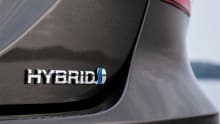


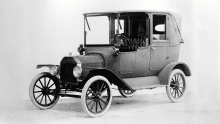
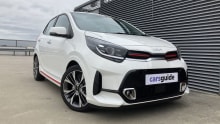
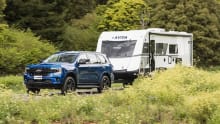

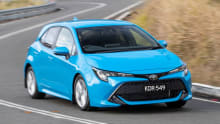
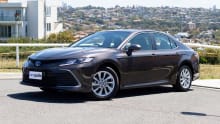
Comments